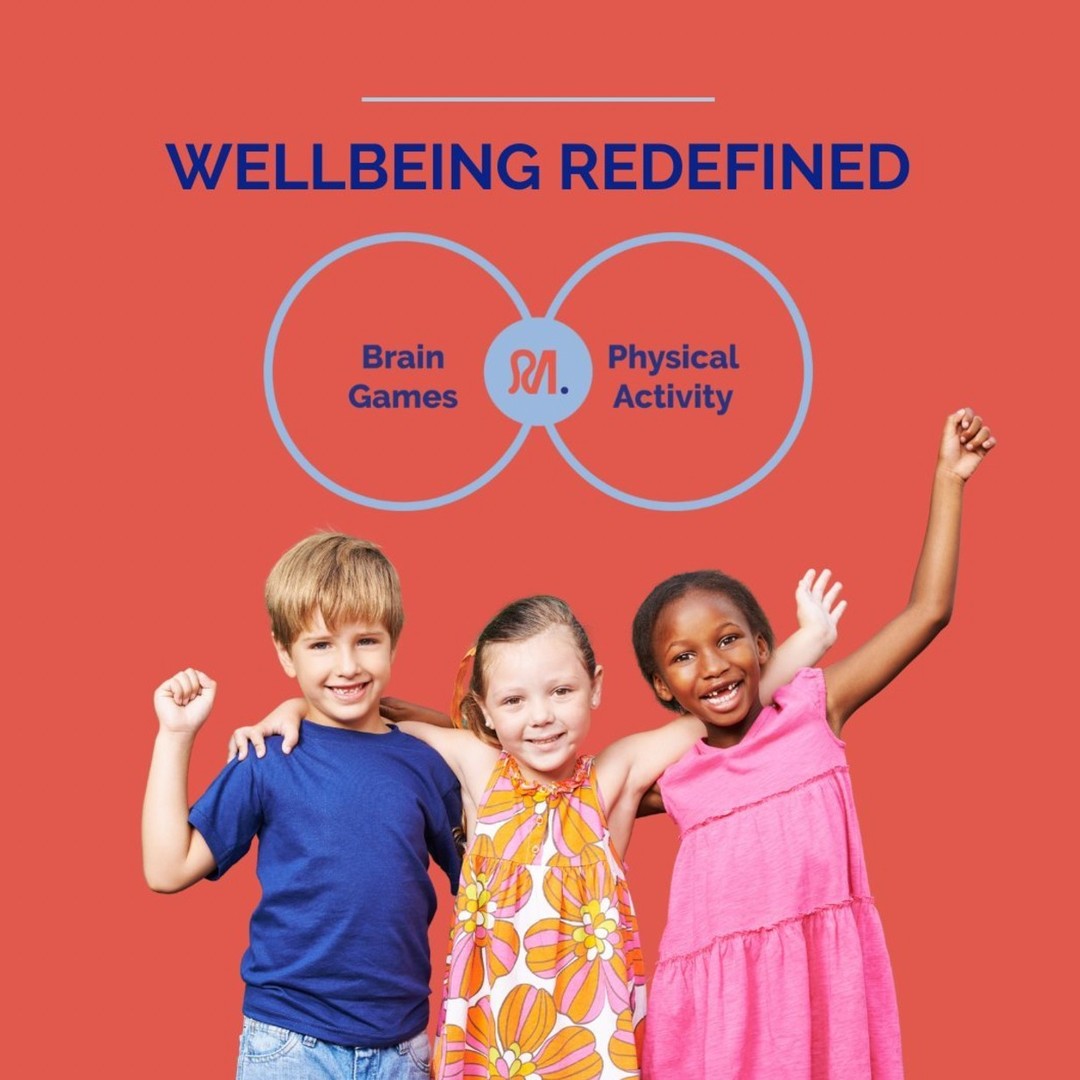Today’s children are constantly exposed to distractions—from digital devices to environmental disruptions. Developing strong attention skills is essential for academic success, emotional regulation, and overall well-being. One of the most effective ways to nurture these skills is through establishing structured routines that provide consistency, predictability, and support cognitive development.
Why Routine Matters for Attention Development
Attention is not just a natural ability; it is a skill that children develop over time. Their ability to focus and sustain attention depends on many factors, including brain development, environment, and external reinforcement.
A well-structured routine provides children with:
- Predictability – Knowing what to expect helps children feel safe and secure, reducing anxiety and allowing them to concentrate on tasks.
- Time Management Skills – Regular schedules help children develop an internal sense of time, making it easier to focus on tasks and transition smoothly between activities.
- Cognitive and Emotional Regulation – Routines help the brain form connections that support impulse control, problem-solving, and emotional stability.
- Opportunities for Repetition– Structured activities reinforce learning by allowing children to practice skills consistently.
Without a routine, children may struggle with disorganisation, inattentiveness, and difficulty completing tasks. By implementing daily structure, parents and educators can enhance attention skills and set children up for long-term success.
How Routine Supports Focus and Engagement
Establishing a Consistent Sleep Schedule
Sleep is one of the most critical factors affecting a child’s attention span. Studies show that children who get adequate sleep demonstrate better concentration, memory retention, and emotional regulation. Inconsistent sleep schedules can lead to increased distractibility, hyperactivity, and difficulty following instructions.
To support attention development:
- Set a consistent bedtime and wake-up time, even on weekends.
- Create a calming bedtime routine, such as reading or quiet activities, to help children transition to sleep.
- Reduce exposure to screens and stimulating activities at least an hour before bedtime.
By prioritising healthy sleep habits, children will have the mental energy needed to focus on learning and problem-solving throughout the day.
Structured Learning and Homework Time
A dedicated time and space for learning helps children develop study habits and improve concentration. When children complete academic tasks at the same time each day, their brains associate this time with focused thinking and engagement.
Best practices for structured learning time:
- Designate a Quiet Study Space – A clutter-free, distraction-free area helps children stay focused.
- Use Timers and Breaks – Techniques like the Pomodoro Technique (work for 25 minutes, break for 5 minutes) can improve productivity.
- Follow a Homework Routine – Completing homework at the same time each day helps establish a habit of responsibility and focus.
Reset Moves offers a movement-based approach that can be incorporated into homework routines. Short physical activity sessions before or between study periods recharge the brain and help children refocus on tasks.
Encouraging Physical Activity
Regular physical movement is a proven way to enhance attention skills. Exercise increases blood flow to the brain, stimulates cognitive function, and helps children reset their focus after long periods of sitting.
Reset Moves provides an interactive way for children to engage in movement-based learning. The app offers:
- Short, engaging activities that enhance mood and cognitive function.
- A fun “VS” section, where children can compete with friends or family members, fostering social interaction and motivation.
- Proven benefits, including a 100% attention improvement rate post-intervention.
By integrating movement into daily routines, children strengthen their ability to sustain focus while supporting overall physical and emotional well-being.
Meal and Snack Schedules for Cognitive Health
Diet plays a crucial role in attention regulation. Irregular eating patterns or diets high in sugar and processed foods can cause energy crashes and hinder focus. A consistent meal schedule with nutrient-dense foods helps stabilise energy levels.
Tips for attention-boosting nutrition:
- Protein-rich breakfasts help sustain energy levels and focus throughout the morning.
- Omega-3 fatty acids (found in fish, nuts, and seeds) support brain function and cognitive skills.
- Hydration is essential, dehydration can lead to fatigue and reduced concentration.
Maintaining a consistent meal and snack schedule helps children avoid distractions caused by hunger or energy dips.
Structured Play and Screen Time Balance
In the digital age, children are exposed to more screens than ever before. While technology can be an excellent learning tool, excessive screen time can lead to reduced attention spans and increased impulsivity.
To maintain a healthy balance:
- Establish screen-free zones during meals, bedtime, and family activities.
- Encourage interactive play, such as puzzles, board games, and creative activities that promote focus.
- Use apps like Reset Moves, which integrate technology with active engagement rather than passive consumption.
Emotional Regulation and Mindfulness Practices
Children’s emotions directly impact their ability to focus. Stress, anxiety, and frustration can cause difficulty in maintaining attention on tasks. Incorporating mindfulness and relaxation techniques into daily routines can help children self-regulate their emotions and improve focus.
Effective strategies include:
- Breathing exercises and meditation to calm the mind.
- Journaling or discussing emotions to improve self-awareness.
- Using Reset Moves as a “reset” tool to shift moods and improve concentration.
By reinforcing emotional regulation in daily life, children develop resilience and sustained focus in both academic and social settings.
The Role of Reset Moves in Daily Routines
Reset Moves is designed to fit seamlessly into daily routines, whether at home or in school. By combining movement-based activities with structured schedules, the app provides an evidence-based solution for improving focus and engagement.
Real Results from Reset Moves
- 200+ students (ages 5-17) completed the trial process.
- Students rated Reset Moves 4.3/5 for fun and engagement.
- 100% of students showed improved attention post-intervention.
- Proven mood improvements after participation.
These results highlight how integrating Reset Moves into daily routines can significantly enhance attention skills in children.
The Power of Routine in Attention Development
Building strong attention skills takes time, consistency, and the right strategies. By implementing daily routines that support structured learning, movement, healthy habits, and emotional regulation, children can develop better focus, cognitive resilience, and academic success.
Reset Moves plays a crucial role in this process by providing an engaging, research-backed tool that helps children reset their attention in just minutes. Whether used in schools or at home, Reset Moves offers a practical solution for supporting focus, well-being, and lifelong learning habits.
By prioritising routine and structure, parents and educators can empower children to reach their full potential—both in school and beyond.




